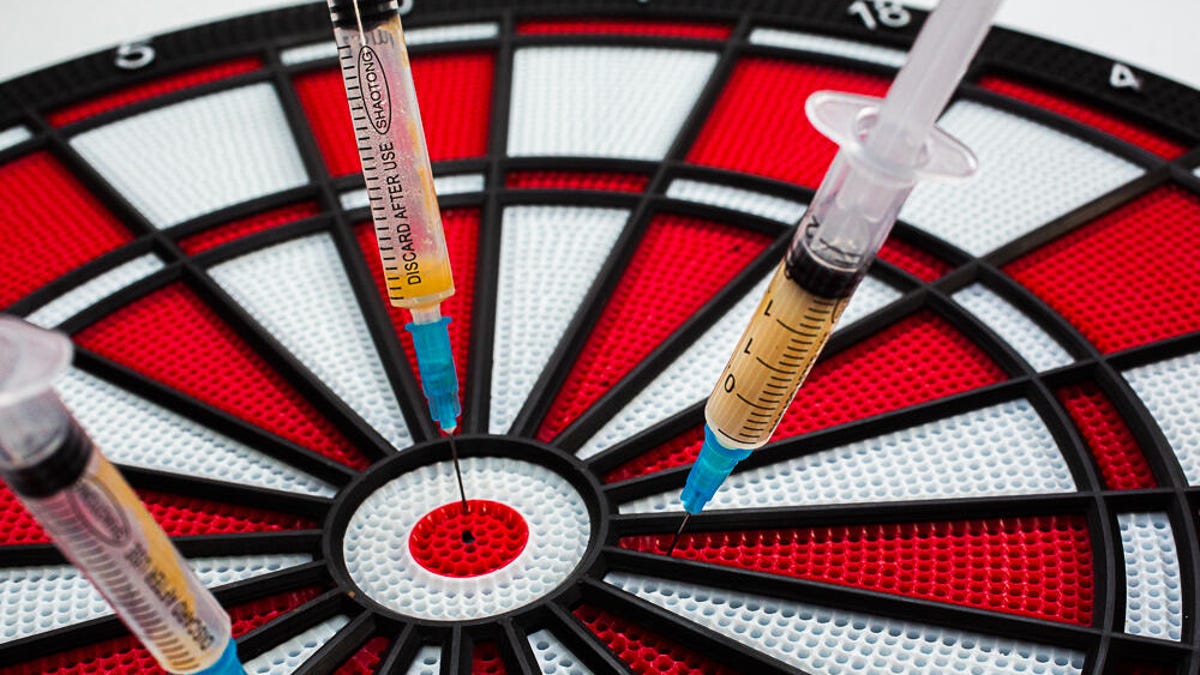Johnson & Johnson scientists push back on coronavirus vaccine pause
The drugmaker says there's not enough evidence to establish a causal link between its vaccine and six cases of blood clots, which US officials say "appear to be extremely rare."

Of the three coronavirus vaccines authorized in the US, only one has been paused while officials investigate six cases of blood clots, which "appear to be extremely rare."
Coronavirus vaccine maker Johnson & Johnson published a letter in the New England Journal of Medicine on Friday arguing that there's insufficient evidence of a causal link between its vaccine and blood clots in a small number of patients who received it. The letter comes just days after US health officials paused the use of Johnson & Johnson's single-dose COVID-19 vaccine to investigate six cases of blood clots, which they said appear to be "extremely rare." More than 7.2 million people globally have received the vaccine as of Wednesday, according to the company.
In the letter, Johnson & Johnson says the incidence of this uncommon blood disorder among people receiving its vaccine falls within the normal rate of occurrence for the condition. Company scientists said they'll continue working closely with regulators and experts to assess the data. Johnson & Johnson's vaccine is one of only three vaccines that have so far been authorized for use in the US, alongside Pfizer's and Moderna's.
Read more: 16 important do's and don'ts for getting your COVID-19 vaccine
Johnson & Johnson's coronavirus vaccine isn't the only one that's raised concerns about rare blood clots. AstraZeneca's vaccine, which has been approved for use in the UK, the EU and elsewhere, has also been investigated for potentially causing clots. After an inquiry into clotting in patients who'd received it, the European Medicines Agency recently added blood clots as a "very rare side effect" of the AstraZeneca vaccine.

